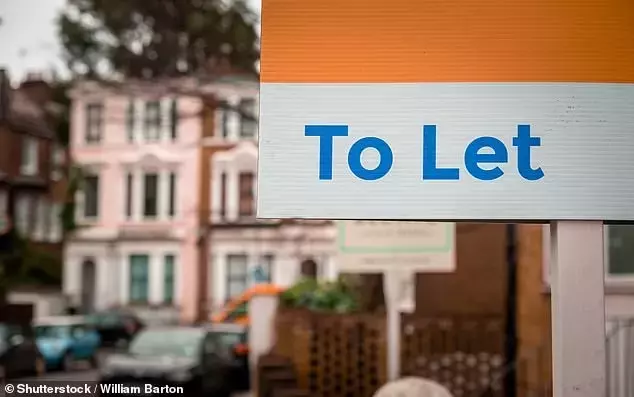
Unlock Your Future: Owning a Home is Your Key to Greater Financial Freedom
The Shifting Landscape of Housing Costs: Buying vs. Renting
In previous periods characterized by low mortgage interest rates, the monthly expenditures associated with owning a residence were consistently more economical than leasing, provided one could accumulate the necessary down payment. However, recent economic shifts have altered this dynamic. Average mortgage rates, which stood at approximately 2% in 2020, have climbed to around 5%, consequently adding several hundred pounds to homeowners' monthly obligations.
The Persistent Advantage of Homeownership: A National Overview
Despite these increases, fresh analyses from Lloyds Bank indicate that purchasing property remains more cost-effective than renting in most major British urban centers, as rental prices continue their ascent to unprecedented levels. Across the nation, the average monthly rent in September was £1,577. On average, an individual could anticipate a 17% reduction in their monthly housing expenses as a property owner of a typical entry-level home. This holds true even if the buyer secures a mortgage with just a 5% down payment, typically incurring higher interest rates. It is important to note that this assessment focuses solely on comparing monthly mortgage and rental payments, excluding supplementary costs such as insurance and property maintenance. The study also omitted London from its scope.
Glasgow Leads the Way: Substantial Savings for Aspiring Homeowners
Lloyds' comprehensive review of 11 British cities revealed that in all but two, monthly homeownership costs were more favorable than rental outlays. This calculation was based on a five-year fixed mortgage at an interest rate of 4.78%, amortized over a 30-year term, and assuming a 5% down payment. Glasgow emerged as the frontrunner for prospective buyers, where mortgage payments were almost a third lower than equivalent rental costs. A typical initial home mortgage in Glasgow would average £855, contrasting with a rental cost of £1,251. This translates to a monthly saving of £396, or £4,752 annually, for a first-time buyer. Furthermore, Glasgow presents a more accessible entry point into homeownership, with average first-time buyer properties valued at £172,000, requiring a modest £8,600 deposit.
Beyond Glasgow: Savings Across Diverse Urban Centers
Newcastle secures the second position for potential savings, with first-time buyers paying approximately 20% less on a mortgage compared to rent, equating to monthly savings of £217, or £2,604 per year. The average starter home in Newcastle costs £180,000, necessitating a £9,000 deposit. Amanda Bryden, head of mortgages at Lloyds, noted the challenge of saving for a deposit and highlighted that many renters are already managing monthly payments exceeding typical mortgage costs. While the long-term financial benefits generally outweigh additional ownership expenses like legal fees, stamp duty, surveys, insurance, and maintenance, it is crucial to consider these upfront and ongoing costs. Edinburgh, Bristol, and Manchester also feature prominently among cities where buyers can achieve significant monthly savings, with Bristol having the highest average property prices on the list at £311,000 for a first home. In Nottingham, Leeds, Liverpool, and Birmingham, buyers can expect to save between £30 and £100 monthly. Conversely, Cardiff and Sheffield show marginal financial advantages for renters.
The Cumulative Benefit: Equity Growth and Long-Term Financial Gains
A primary advantage of homeownership is the gradual accumulation of equity. As equity increases, homeowners gain flexibility to reduce mortgage costs or upgrade to more expensive properties. Lloyds' analysis illustrates this with the example of a Glasgow first-time buyer, who could build an additional £13,818 in equity over five years. Combined with rental savings, their total financial advantage would reach £37,578. Even after accounting for the initial £8,600 deposit, they would still be £28,978 better off. However, securing the initial deposit remains a significant barrier for many, especially in areas with higher property values. To address this, various initiatives, including 2% deposit mortgages and part-interest-only mortgages, are being introduced. Furthermore, Chancellor Rachel Reeves has empowered banks to relax lending criteria, potentially allowing some first-time buyers access to larger mortgages relative to their income.
